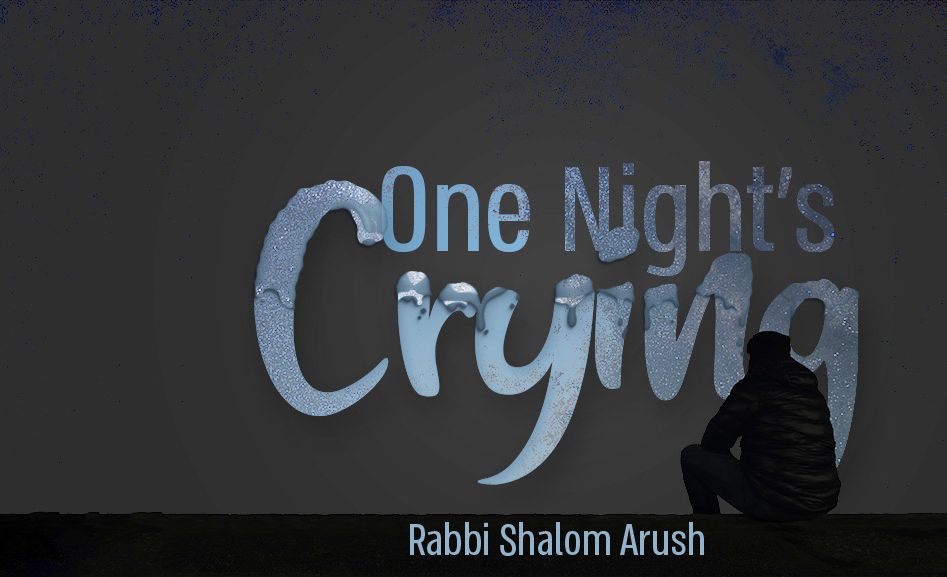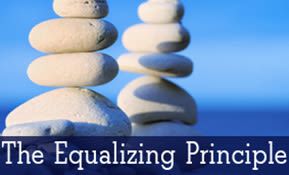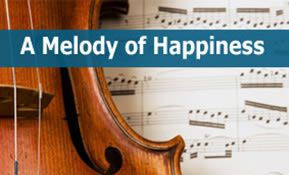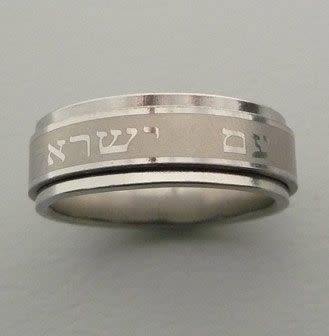
The Perfect Ploy
When people fail to recognize Hashem’s guiding hand behind all of life’s events, they are liable to become very bitter, blaming themselves or others for their problems…

Translated by Rabbi Lazer Brody
In Forest Fields, Part 41
It’s amazing that many of us fly through our prayers, especially in light of the fact that our prayers are based on King David’s Psalms, which are none other than songs of praise and gratitude to Hashem. It seems rather odd – we begin our morning prayers (“Hodu”) with a call to all of creation to thank Hashem, to sing His praise, and to tell of His wonders; yet, we ourselves are not doing what we’re calling everyone else to do. We call the world to rejoice in Hashem, but we ourselves don’t.
If only we’d sing to Hashem and thank Him sincerely, all our troubles would be null and void. Diaspora would give way to redemption, for all of life’s difficulties are rooted in our lack of joy and gratitude in our service of Hashem.
Torah in song
For one to fully appreciate Hashem and to thank Him, one must learn Torah. Yet, Torah learners mustn’t forget that the ultimate purpose of Torah learning is to bring a person to thank Hashem.
The Torah itself must be recited in melody. We should sing our blessings, our Psalms, our Torah learning and our prayers as well.
The virtue of a melody
Rebbe Natan spares no praise when describing the virtue of a melody: “The primary way to get close to Hashem and to cling to Him is by way of the holy sounds of songs of praise and melodies” (Likutei Halachot, even Haezer, Ishut, 4).
Learning
Learning about emuna is a wonderful and effective way to bring a person to gratitude.
Daily learning of halacha (Jewish law) is an absolute necessity for the correction of one’s soul. Since transgressions blemish the soul and thereby distance a person from Hashem, one who doesn’t know what’s permissible and what’s not will ultimately have a soul that’s extremely blemished. Such a soul is not a suitable receptacle for Divine light and therefore loses its proximity to Hashem. For that reason, a person should learn halacha every single day.
What’s right and what’s wrong is the outer dimension of halacha. The inner dimension of halacha tells us how to strengthen our emuna, how to do proper teshuva, and how to heal the blemishes of the soul. This inner dimension is best-learned in the writings of the tzaddik, who guides people on the proven path to Hashem. Emuna and the knowledge of Hashem are the principle lessons we learn from the tzaddik, as seen in the book, “The Garden of Emuna,” which brings a person to a life of joy, purpose, meaning, and closeness to Hashem.
The perfect ploy
A childless woman came to me several years ago complaining that she had done everything in an effort to receive the blessing of children. She prayed incessantly, made daily teshuva, gave as much as she could to charity, visited Kabbalists and did all kinds of Kabbala ploys, ate health foods only, exercised, and visited the leading fertility specialists, but to no avail. She and her husband were at their wits’ end. “Will I never hug my own baby?” she pleaded tearfully.
I told the woman to forget about the Kabbala incantations, the ploys, and even the prayers. All she has to do is to speak to Hashem for an hour a day and thank Him. I told her exactly what to say: “Thank You, Hashem, for not giving me children until now, for I’m sure that my being childless is for the very best, since everything You do is for the best and surely to help me correct my soul. Thank You, Hashem, for giving children to my girlfriends. Help me be magnanimous and wish the very best for other women, that I should never be jealous or resentful of other people’s blessings. Let me thank You with a pure and true heart for each child that’s born to one of my girlfriends.” Then, I told her to conclude her daily hour of personal prayer with a humble appeal to Hashem: “Master of the World, beloved Father in Heaven, if the idea of my having children finds favor in Your eyes, please bless me with the free gift of my own children.” I then promised her that with such personal prayer she will surely be blessed with children.
She asked me, “How are these prayers any different from all the other prayers I’ve been saying? I’ve been praying, pleading, and doing teshuva all along!”
 I answered that the major difference is one word – gratitude. Gratitude is a marvelous expression of emuna, namely, that a person recognizes that everything Hashem does is for the very best and therefore thanks Hashem for everything, the good and the seemingly bad (as required by Halacha, see Shulchan Aruch, Orach Chaim 222:3). “You are showing Hashem with your words of gratitude that you know that the only reason you don’t have children is because of His will only,” I concluded.
I answered that the major difference is one word – gratitude. Gratitude is a marvelous expression of emuna, namely, that a person recognizes that everything Hashem does is for the very best and therefore thanks Hashem for everything, the good and the seemingly bad (as required by Halacha, see Shulchan Aruch, Orach Chaim 222:3). “You are showing Hashem with your words of gratitude that you know that the only reason you don’t have children is because of His will only,” I concluded. Without expressing our gratitude to Hashem – which of course is one of the most cogent statements of emuna that can be – our prayers, teshuva, and mitzvah observance are limited in their effectiveness. When people fail to recognize Hashem’s guiding hand behind all of life’s events, they are liable to become very bitter, blaming themselves or other people for their problems. What’s worse, when they haven’t learned and internalized the principles of emuna, they blame Hashem for making their lives miserable and causing them to suffer.
We therefore see a shocking misinterpretation of events wherever people are blind to emuna: what should be gratitude – thanking Hashem for doing everything for our ultimate good – turns into blasphemy, where people feel bitter towards Hashem because they see no purpose to their tribulations in life. Such feelings not only obstruct the ascent of their prayers, but arouse even more stern judgments.
To be continued.













Tell us what you think!
Thank you for your comment!
It will be published after approval by the Editor.